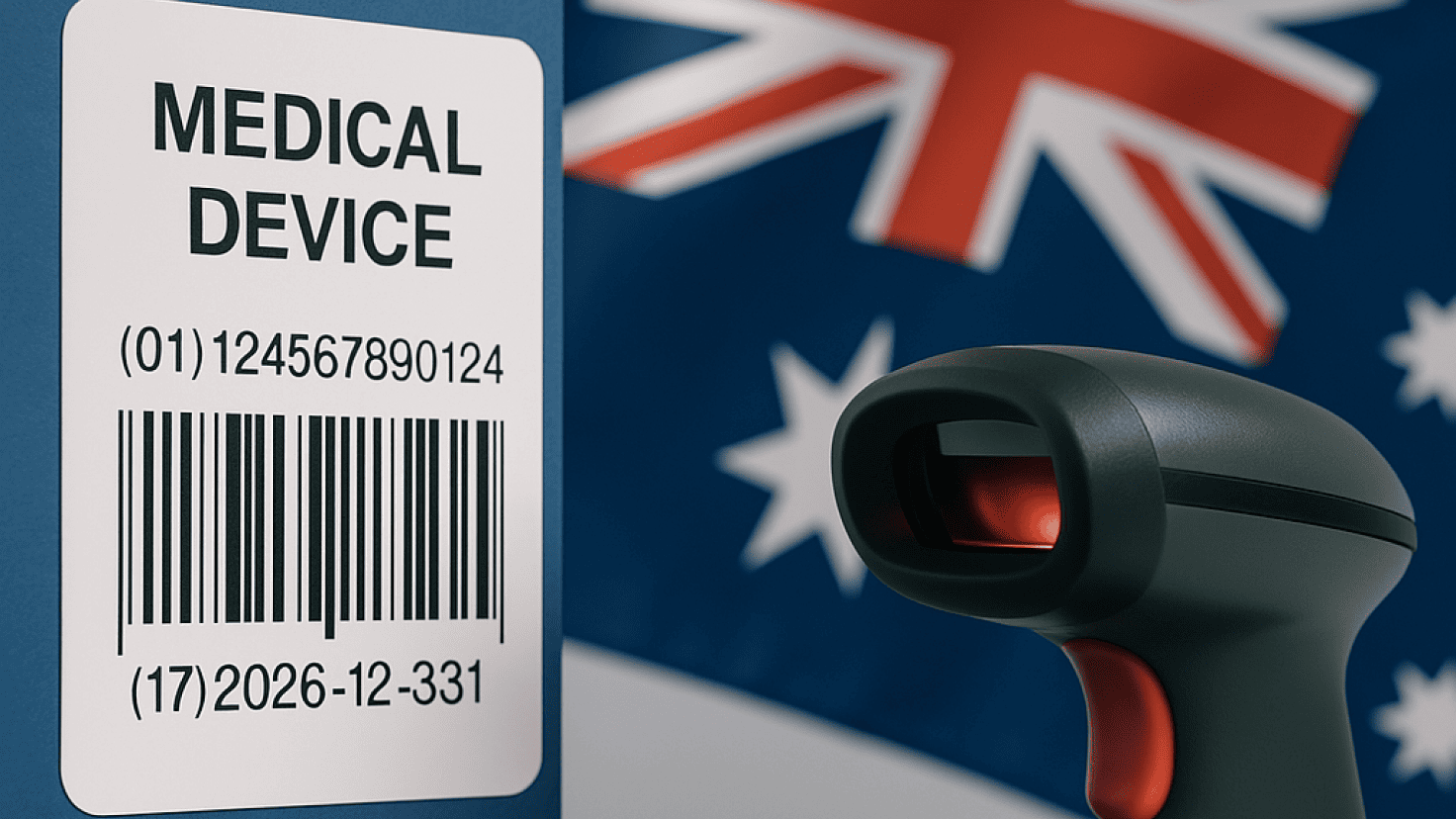Registration
Device Classification
Under EU MDR, devices are classified by risk level, intended use, and body contact duration:
Class I (Low Risk): Non-invasive devices like bandages and thermometers, typically allowing self-certification. Sterile or measuring Class I devices require Notified Body involvement.
Class IIa (Medium-Low Risk): Devices for short-term use like dental materials and hearing aids, requiring Notified Body assessment.
Class IIb (Medium-High Risk): Long-term use devices like ventilators and bone fixation products, requiring comprehensive Notified Body assessment.
Class III (High Risk): Implantable devices like pacemakers and stents, requiring the most rigorous review with extensive clinical data.
Classification factors include contact duration, invasiveness, device function, and whether active or non-active.
Registration Process: Step-by-Step
I. Determine Classification: Classify per EU MDR Annex VIII to determine your regulatory pathway.
II. Appoint EU Representative: Non-EU manufacturers must appoint an EU Authorized Representative.
III. Prepare Documentation: Compile technical documentation compliant with EU MDR Annexes II and III.
IV. Conformity Assessment: Complete appropriate assessment based on device class. Class I devices generally require self-assessment; Class IIa, IIb, and III need Notified Body involvement.
V. CE Marking: After confirming conformity, affix the CE Mark.
VI. EOF Registration: Submit notification with classification, CE certificate, Greek-language labeling, and required documentation.
VII. EUDAMED Registration: Register in the European medical devices database.
VIII. Await Review: EOF will review and acknowledge compliant submissions.
Timeline and Fees
Registration timelines vary by classification:
- Class I devices: Typically 2-4 weeks
- Class IIa, IIb, and III devices: Generally 2-3 months
Fees include approximately €1,000 plus 2.4% administrative fee (€1,024) for initial submissions and €500 plus administrative fee (€512) for substantial amendments. All fees must be paid before submission.
Quality Management System Requirements
A robust QMS is essential under EU MDR Article 10(9), including:
- Regulatory compliance strategy
- Design and development controls
- Production and process controls
- Risk management aligned with ISO 14971
- Clinical evaluation and post-market surveillance
- CAPA procedures
While not legally mandated, ISO 13485 certification is strongly recommended and practically essential for Class IIa and above devices.
Labeling Requirements
Labels must comply with EU MDR Annex I, Chapter III, including:
- Manufacturer identification
- UDI in human-readable and machine-readable formats
- Device identification and intended purpose
- Sterility and packaging information
- Safety warnings and precautions
- Traceability information
- Storage requirements
All labels and instructions must be in Greek. The CE mark must appear on all non-exempt devices, with Notified Body identification for Class IIa, IIb, and III devices.
Adverse Event Reporting
Reporting timelines include:
- Serious public health threats: Within 2 days
- Deaths or serious health deterioration: Within 10 days
- Other serious incidents: Within 15 days
The process involves identifying reportable incidents, gathering documentation, submitting MIR forms, providing additional information as requested, and implementing necessary FSCAs.
Clinical Trial Requirements
Clinical investigations require:
- Comprehensive documentation including Clinical Investigation Plan
- Ethics committee review
- Application submission via EOF portal or EUDAMED
Approval typically takes 2-3 months, with fees of €1,000-2,000 for initial applications and €500-1,000 for amendments. Additional requirements include clinical trial insurance, Greek-language patient materials, and mandatory notifications to EOF.

Additional Requirements
- Post-market surveillance and clinical follow-up
- Vigilance system for adverse event reporting
- EOF market surveillance through inspections and testing
- Implant card requirements for implantable devices
- Economic operator compliance responsibilities
- UDI system for device lifecycle tracking
Which will assist with the registration process and post-market surveillance activities.





